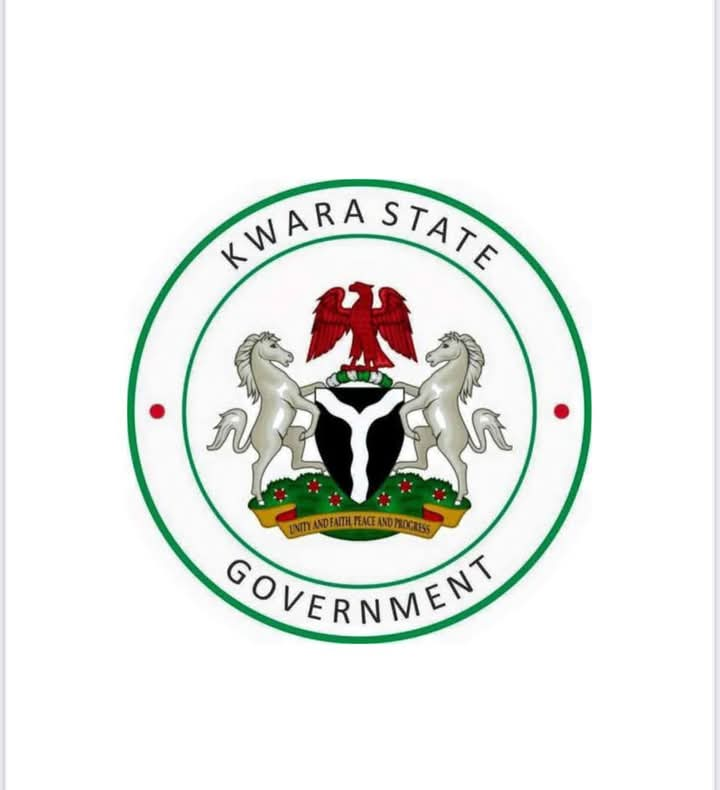The Kwara State Government, in collaboration with the United Nations Children’s Fund (UNICEF) and other development partners, has renewed its commitment to improving adolescent health and development through strengthened policy implementation and community engagement.
This renewed effort was underscored during activities marking the 2025 International Adolescents’ Week, which featured a sensitisation walk in Ilorin to raise awareness on the physical, emotional and social needs of young people, says News Agency of Nigeria report.
Speaking during the event, the Director of Public Health, Kwara State Ministry of Health, Dr Oluwatosin Fakayode, said the government is working closely with partners to ensure that adolescent-friendly health services are accessible and inclusive.
He stressed the importance of understanding and guiding young people rather than dictating to them, noting that open communication between parents and adolescents remains crucial to their growth and development.
“Most parents don’t listen to their adolescent children. Gone are the days that you will be prescriptive to them. Children have learnt to ask questions on everything,” Fakayode said.
Read Also: Quality healthcare is every Ekiti citizen’s right, not privilege – Oyebanji
He added that the Ministry of Health runs several adolescent-focused programmes aimed at preventing drug abuse, sexual assault and other social vices, while ensuring access to physical and mental healthcare.
UNICEF’s Health Specialist, Dr Hadiza Aliyu, described adolescents as “change makers and leaders of tomorrow,” emphasising that their health and voices must be prioritised in policy and community spaces.
The Adolescent Desk Officer, Mr Buhari Oladimeji, highlighted ongoing initiatives such as the establishment of adolescent-friendly centres and the distribution of reusable menstrual pads to schoolgirls across the state.
According to him, these efforts are aimed at addressing key challenges facing adolescents, including menstrual hygiene, reproductive health, emotional well-being and mental stability.
“The government is trying a lot by ensuring a safe place, such as adolescent friendly centres, where they can go and access care without fear of being judged,” Oladimeji said, adding that reusable menstrual pads are cost-effective and promote hygiene amid current economic realities.



